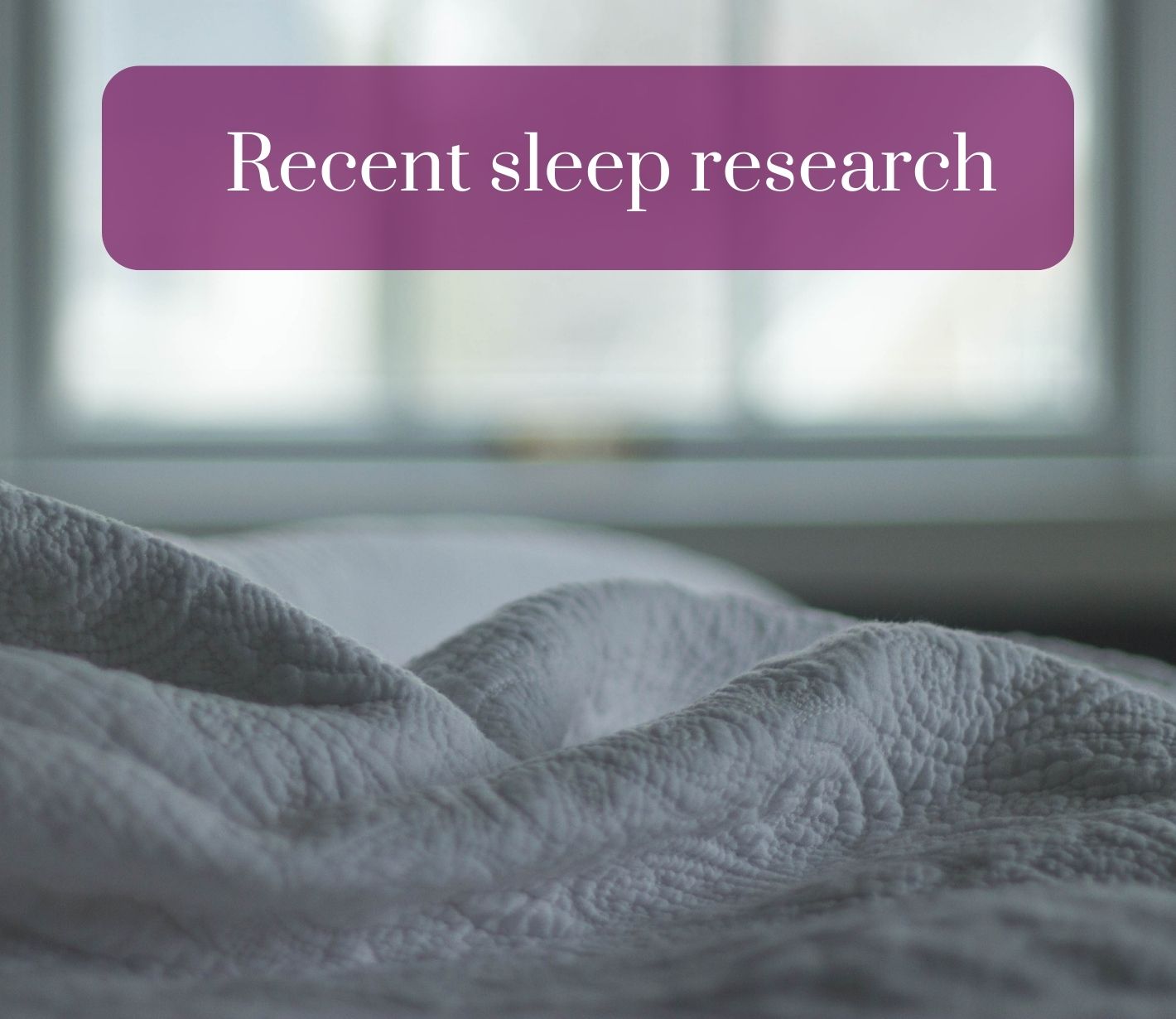Sleep Influences Daily Suicidal Ideation through Affective Reactivity to Interpersonal Events among High-risk Adolescents and Young Adults

Suicide is a major public health problem and the second leading cause of death among adolescents and young adults. Identifying risk factors for suicidal ideation that are modifiable and relevant, such as sleep disturbances and interpersonal stress, is critical for suicide prevention.
A group of investigators including Jessica Hamilton, PhD (Assistant Professor of Psychology, Rutgers University; former postdoctoral fellow, University of Pittsburgh), Aliona Tsypes, PhD (postdoctoral scholar), Craig Sewall, PhD (postdoctoral scholar), David Brent, MD (Distinguished Professor of Psychiatry, Pediatrics, Epidemiology, and Clinical and Translational Science, and Endowed Chair in Suicide Studies), Jamie Zelazny, PhD, MPH, RN (Assistant Professor of Nursing and Psychiatry), Tina Goldstein, PhD (Pittsburgh Foundation Endowed Professor in Psychiatry Research, and Associate Professor of Psychiatry and Psychology), and Peter Franzen, PhD (Associate Professor of Psychiatry and Clinical and Translational Science), used an intensive monitoring approach to objectively and subjectively measure sleep characteristics and the ability of those sleep characteristics to predict next-day suicidal ideation occurrence and intensity. They published the results in The Journal of Child Psychology and Psychiatry.
Fifty-nine individuals ages 13-23 underwent intensive outpatient program treatment for depression and suicidality. Participants completed daily ratings of suicidal ideation, sleep quality, and affective reactivity to positive and negative interpersonal events for up to three months. Behavioral sleep duration and timing was measured via wearable actigraphic devices. Multilevel modeling was used to evaluate within-person fluctuations in sleep and affective reactivity as predictors of suicidal ideation, and multilevel mediation was used to test the indirect effects of sleep on suicidal ideation via affective reactivity to interpersonal events.
Findings from the study showed that individual nights of shorter-than-usual or poorer-than-usual sleep quality have an indirect effect on next-day suicidal ideation through their impact on affective reactivity to interpersonal events. Specifically, shorter-than-usual sleep duration significantly predicted next-day affective reactivity to negative interpersonal events, which, in turn, was associated with suicidal ideation occurrence and intensity. Significant indirect effects also indicated that poorer-than-usual sleep quality predicted next-day suicidal ideation through blunted affective reactivity to positive interpersonal events.
“Our findings suggest that sleep disturbance—namely objectively measured short sleep duration and subjective reports of poor quality of sleep—may be potent and modifiable proximal risk factors for youth suicide through their impact on affective functioning,” said Dr. Franzen, the study’s senior author. “Sleep disturbances may be an optimal risk factor to target, for several reasons. First, sleep difficulties are modifiable, and sleep difficulties can be identified and targeted by a range of professionals across youth-centered settings, such as schools and pediatrician offices—thereby broadening the reach of suicide prevention efforts. In addition, a focus on sleep may be more acceptable to adolescents who are sensitive to stigma about mental health, and, like suicide, sleep difficulties are transdiagnostic, rendering them universal targets regardless of diagnosis. Finally, while sleep problems are often chronic, sleep patterns show day-to-day variability that may reliably signal near-term risk.”
Sleep influences daily suicidal ideation through affective reactivity to interpersonal events among high-risk adolescents and young adults
Hamilton JH, Tsypes A, Zelazny J, Sewall CJR, Rode N, Merranko J, Brent DA, Goldstein TR, Franzen PL
Journal of Child Psychology and Psychiatry, July 2, 2022, https://doi.org/10.1111/jcpp.13651
